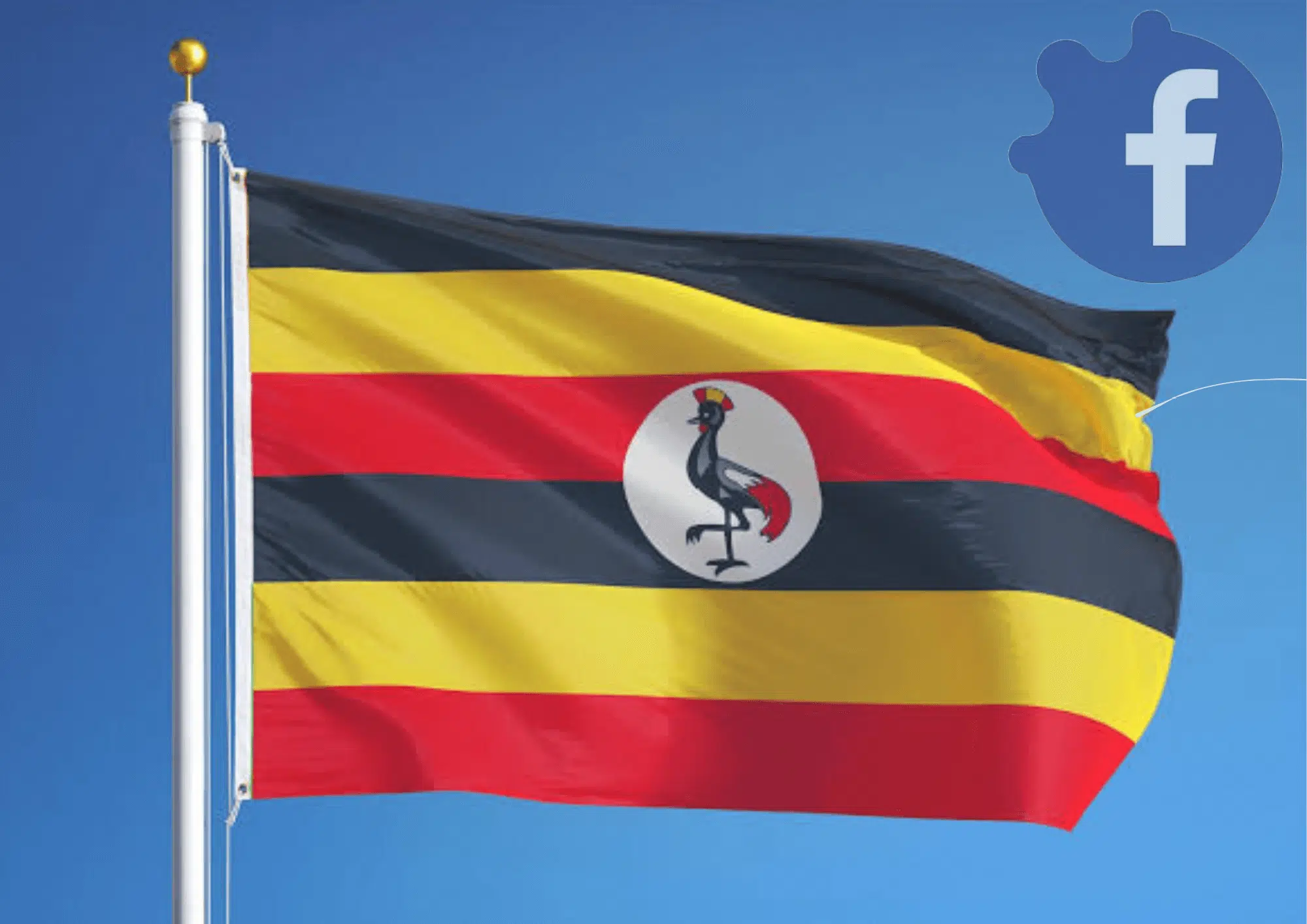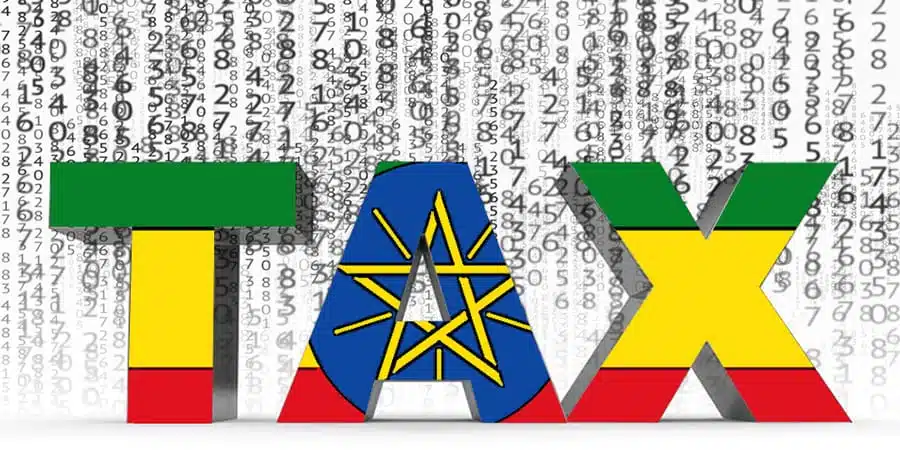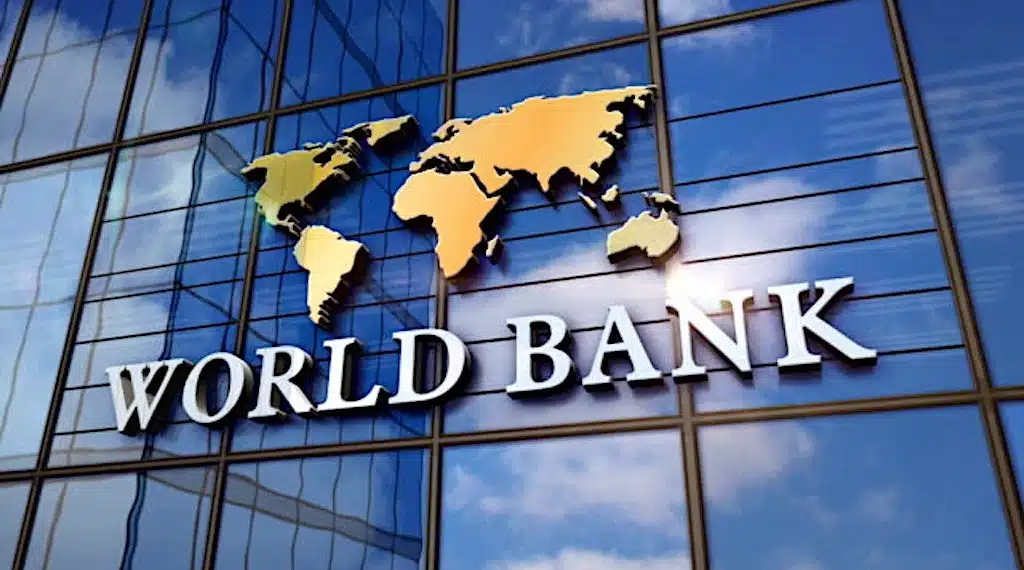After being banned for three years, Facebook is finally making its return to Uganda. But this isn’t just about scrolling through photos or liking posts again—this could have a major impact on the way Ugandan businesses operate and how the government collects taxes
Uganda isn’t alone in its rocky relationship with Facebook. Countries like China have banned the platform outright, while Vietnam, India, and Russia have taken measures to restrict its use, citing reasons ranging from national security concerns to accusations of bias against government narratives.
Myanmar temporarily banned Facebook during political unrest, claiming it fueled misinformation. These bans often disrupt businesses and leave governments grappling with whether the benefits of censorship outweigh the economic costs.
A glimpse into the past
Uganda’s relationship with Facebook took a major turn in 2021, during the heated presidential elections between incumbent President Yoweri Museveni and opposition leader Robert Kyagulanyi Ssentamu (Bobi Wine).
Tensions escalated when Facebook removed several accounts linked to the Ugandan government, accusing them of “coordinated inauthentic behavior” aimed at manipulating public opinion in favor of the ruling party.
In response, President Museveni ordered the blocking of Facebook, accusing the platform of interfering in Uganda’s internal affairs and showing bias towards opposition views. The Uganda Communications Commission (UCC) enforced the ban by instructing telecom companies to block access to Facebook.
As a result, Ugandans were forced to use expensive VPNs to bypass the restriction, adding financial strain on businesses that relied on the platform for affordable marketing and customer engagement.
Even before this, Uganda’s social media policies had been controversial. In 2018, the government introduced a daily social media tax, claiming it would curb “gossip” and raise revenue.
However, the tax led to reduced internet accessibility, especially for businesses that used platforms like Facebook for markeuting. The backlash led to the tax being replaced in 2021 with a 12% levy on internet data.
The cost of the ban
The Facebook ban had a significant negative impact, particularly on small and medium-sized businesses (SMEs). These businesses depended on Facebook for low-cost marketing and customer engagement, and the ban led to decreased visibility, fewer sales, and lower profits.
The overall economic loss to Uganda is estimated to be in the millions, with businesses losing potential customers and economic activity during the three years the ban was in place.
With Facebook’s return, businesses are looking forward to regaining lost opportunities. The platform’s re-entry into Uganda is expected to boost visibility, sales, and ultimately, profits. This economic revival could also translate into higher tax contributions to the government, offering a chance to recover the losses businesses faced due to the ban.
The road ahead
Meta, Facebook’s parent company, is expected to contribute up to USh700 million annually in taxes. As businesses grow with the help of Facebook, they will generate more taxable income, further boosting government revenue. This shift positions Facebook’s return as beneficial not just for businesses but also for the government, highlighting the broader economic impact.
The lifting of the ban is an opportunity to revive Uganda’s digital economy. Business will be granted access to an affordable marketing channel, and the government will be met with an increase in tax revenue from both businesses and Meta. Ultimately, Facebook’s return offers a chance for Uganda to recover economically and turn past losses into future gains.
In terms of taxes, Facebook itself has tax obligations in Uganda. Reports suggest that Meta could contribute up to USh700 million annually. As businesses grow thanks to Facebook, they’ll also be generating more taxable income, which in turn will boost government revenue.
Not everything is smooth sailing. In 2018, Uganda introduced a social media tax, charging users to access platforms like Facebook and WhatsApp. The government said it was to raise money and curb “gossip,” but it backfired, making the internet harder to access and hitting businesses that relied on social media.
After backlash, the tax was replaced in 2021 with a 12% tax on internet data. Now, with Facebook returning, there’s a chance the government might reintroduce digital taxes on services or ads. This could add pressure on businesses already facing high costs, so finding the right balance will be key.
But overall, Facebook’s return, if done right, could be a big win. With businesses no longer relying on expensive workarounds, they’ll have more money to invest in growth. And as they grow, they’ll pay more taxes, helping the country’s economy. It’s a chance for businesses to thrive, for the government to see increased revenue, and for Uganda’s digital economy to get back on track.






